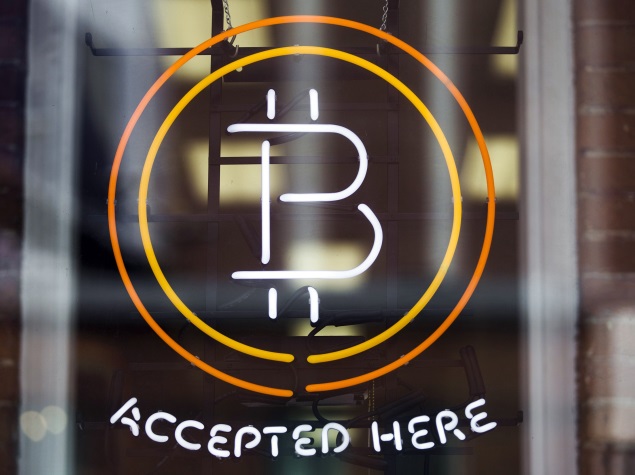
Ecuador is planning to create the world's first government-issued digital currency, which some analysts believe could be a first step toward abandoning the country's existing currency, the U.S. dollar, which the government cannot control.
The virtual currency, which Central Bank officials say they expect will start circulating in December, does not yet have a name. Officials would not disclose technical details of the strictly digital currency, which they said would not be like Bitcoin. The amount of the new currency created would depend on demand.
Deputy director Gustavo Solorzano said it is to exist in tandem with the greenback and, by law, be backed by "liquid assets." It would be geared toward the 2.8 million Ecuadoreans - 40 percent of participants in the economy - too poor to afford traditional banking, officials say.
They will initially be able to use it to make and receive payments using their cellphones, said Solorzano, at minimal cost. Such mobile payments schemes are already popular in African nations including Kenya and Tanzania, where they are privately run.
The new currency was approved, and stateless crypto-currencies such as Bitcoin simultaneously banned, by Ecuador's National Assembly last month in a new law.
Leftist President Rafael Correa has said the project's only problem is that it has taken this long, defending it against "pseudo-analysts who have appeared in the media trying to smear (it)." He denies any plan to replace the U.S. dollar, which Ecuador set as its currency in 2000 after a crippling banking crisis.
The official in charge of the new currency, Fausto Valencia, said the software is already used in Paraguay by cellphone companies.
He said it is not like Bitcoin, whose advantage is in its technical underpinnings: Only a limited amount of Bitcoin can be minted. Without that safeguard, economists have warned, a government could theoretically print as much as it wants.
Nathalie Reinelt, an emerging payments analyst with the U.S.-based Aite Group, said she does not understand any other motivation for creating such a currency than to allow Ecuador to increase its money supply and, essentially, devalue its U.S. dollar holdings.
"It is far too early to know how they are thinking of making the electronic money work," said analyst Juan Lorenzo Maldonado of Credit Suisse LLC.
Some believe it could be a first step to abandoning the U.S. dollar, Ecuador's currency since January 2000. Correa denies it puts dollarization in peril.
His government has tripled social spending.
It "has a serious fiscal liquidity problem. It needs money," said opposition lawmaker Ramiro Aguilar. "It doesn't mint money. It has no control over what circulates."
The state is currently $11 billion in debt, mostly to China, which buys most of Ecuador's oil. It recently sold $2 billion in bonds with a 7.95 percent return, as well as obtaining another $400 million from Goldman Sachs in exchange for part of its gold reserves.
Use of the currency will be voluntary and it will not be used to pay public employees or state contractors, according to the law. Nor can it be used to buy financial instruments the Finance Ministry emits.
Some question whether Ecuador's Central Bank is constitutionally empowered to create such a currency.
"Let's remember that the Central Bank has no autonomy, and this could lend itself to all manner of political maneuvers," said independent political analyst Jaime Carrera.
No comments:
Post a Comment